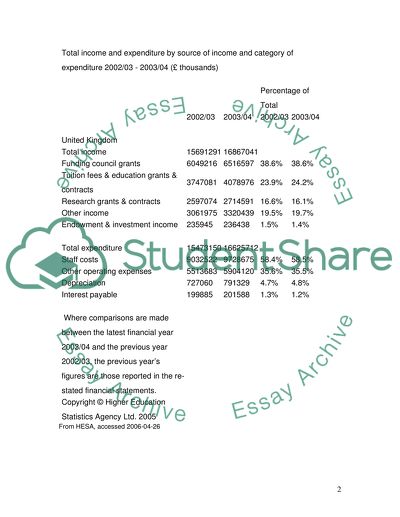Cite this document
(“Educational Policies in Britain Essay Example | Topics and Well Written Essays - 1750 words”, n.d.)
Educational Policies in Britain Essay Example | Topics and Well Written Essays - 1750 words. Retrieved from https://studentshare.org/education/1520635-educational-policies-in-britain
Educational Policies in Britain Essay Example | Topics and Well Written Essays - 1750 words. Retrieved from https://studentshare.org/education/1520635-educational-policies-in-britain
(Educational Policies in Britain Essay Example | Topics and Well Written Essays - 1750 Words)
Educational Policies in Britain Essay Example | Topics and Well Written Essays - 1750 Words. https://studentshare.org/education/1520635-educational-policies-in-britain.
Educational Policies in Britain Essay Example | Topics and Well Written Essays - 1750 Words. https://studentshare.org/education/1520635-educational-policies-in-britain.
“Educational Policies in Britain Essay Example | Topics and Well Written Essays - 1750 Words”, n.d. https://studentshare.org/education/1520635-educational-policies-in-britain.


